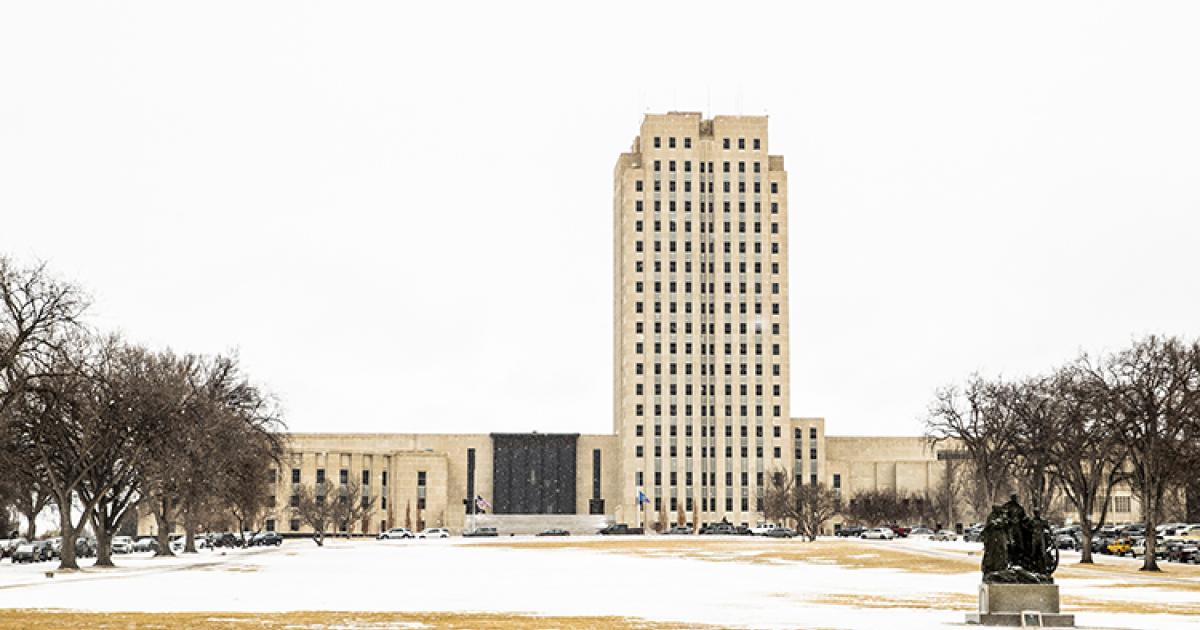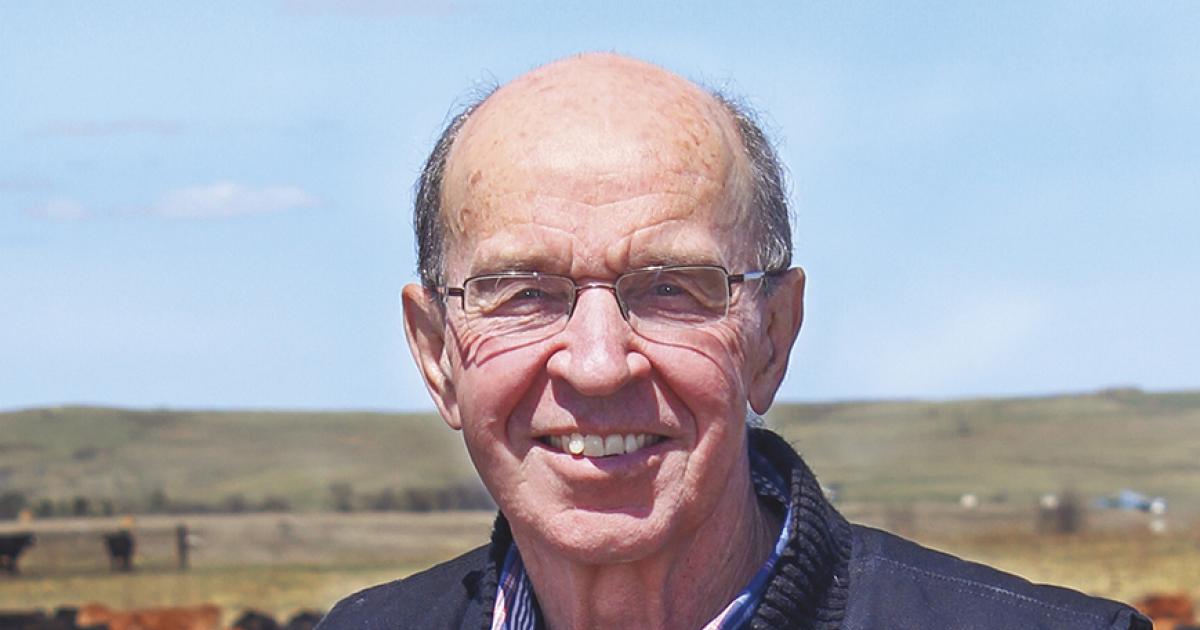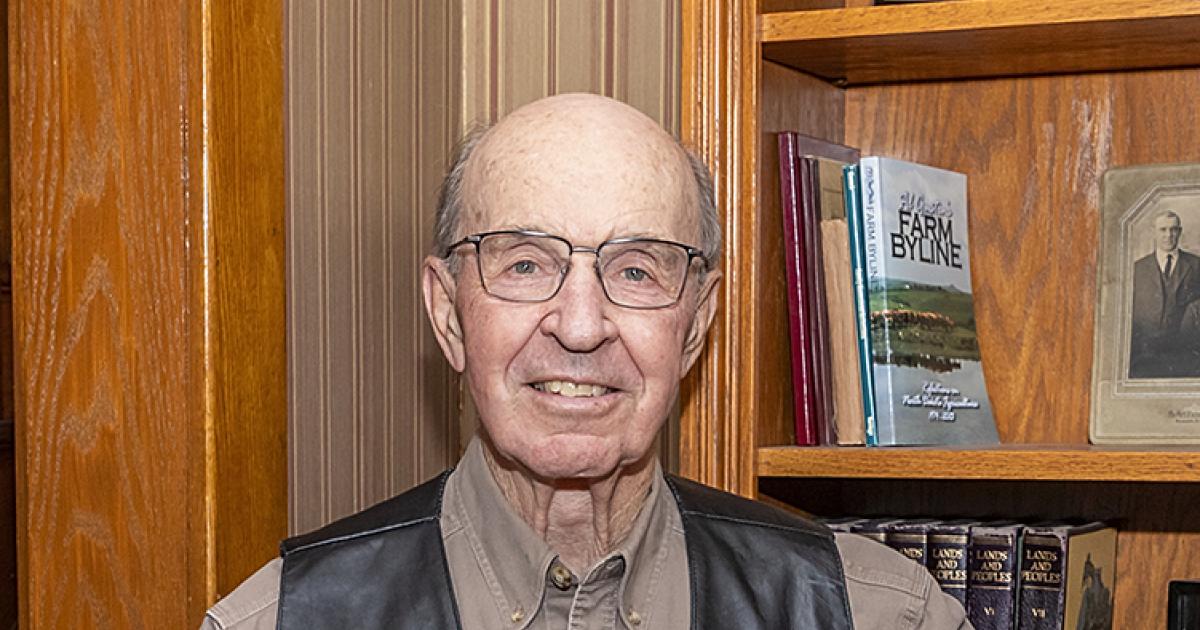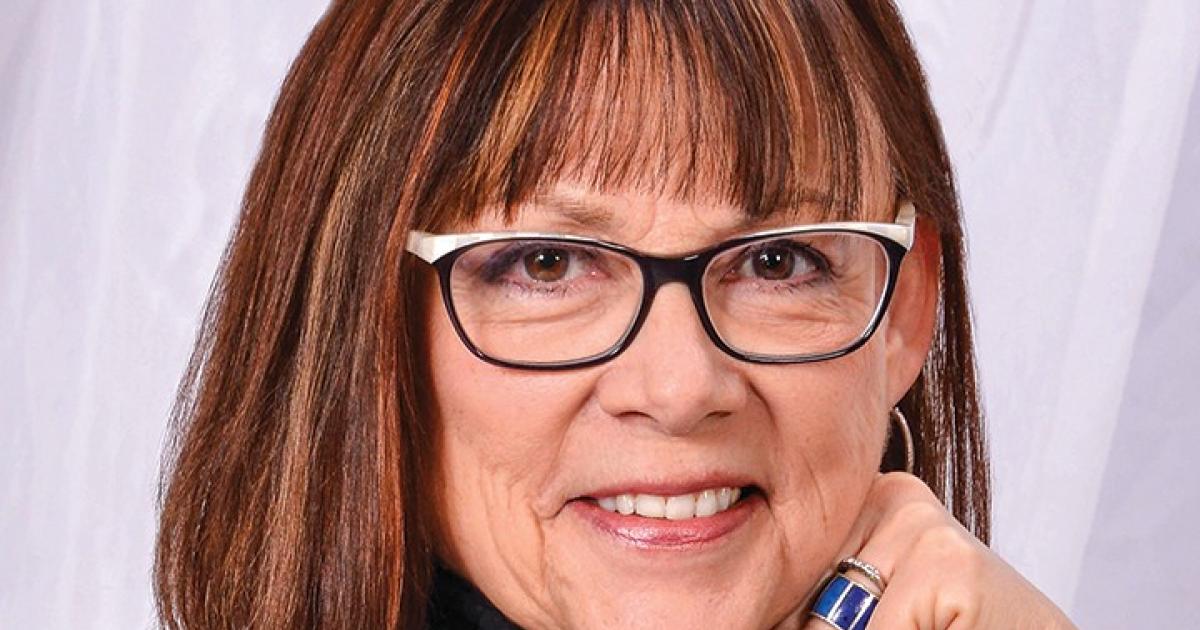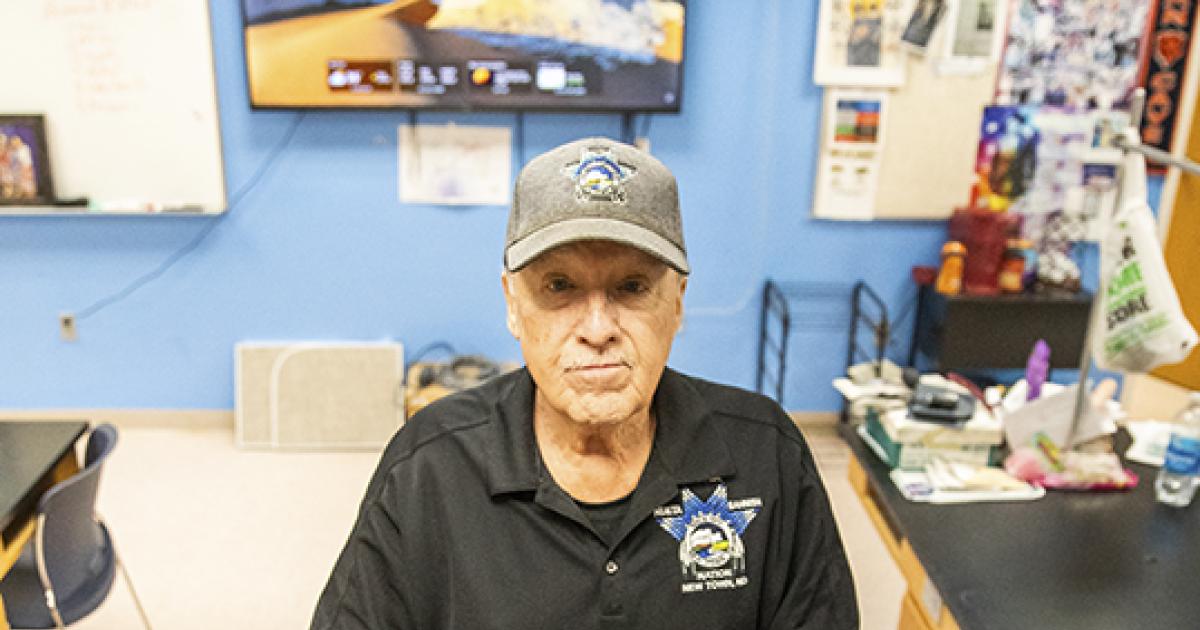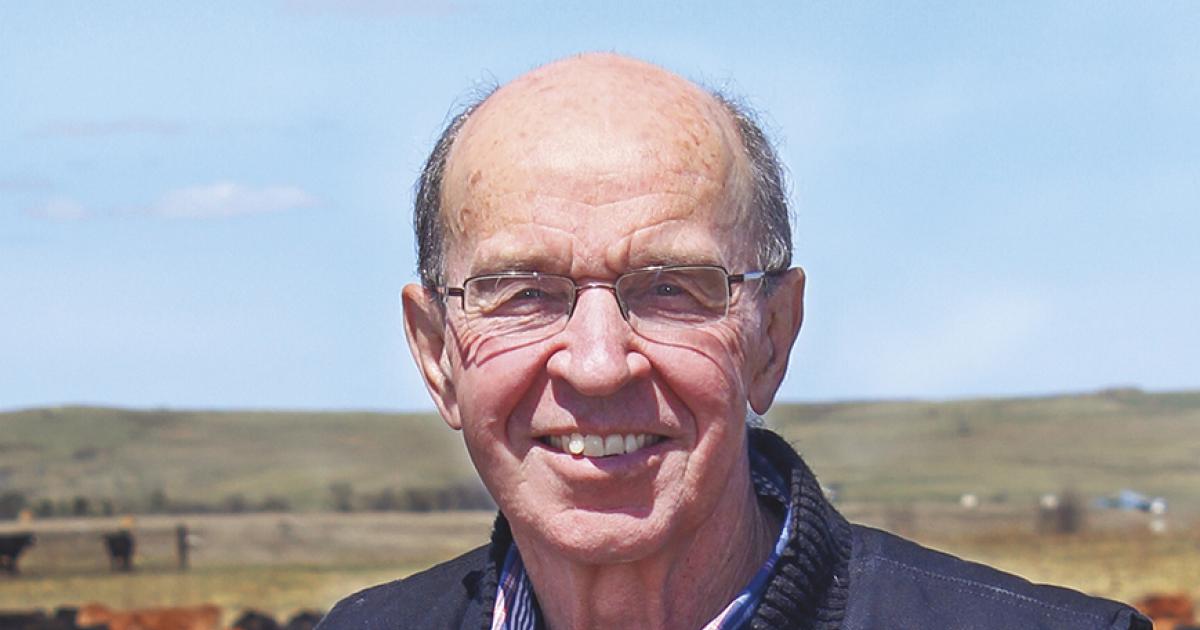When North Dakota’s 69th Legislative Assembly convened Jan. 7, legislators were welcomed by Gov. Kelly Armstrong, who delivered his first state of the state address to a joint session of the Legislature. In his address, Armstrong laid out his property tax relief and reform plan, devised with input from legislators.
Unsurprisingly, property taxes will be a dominant subject of the 2025 legislative session, as will charitable gaming and data centers, says Zac Smith, communications and government relations director for the North Dakota Association of Rural Electric Cooperatives (NDAREC).
PROPERTY TAX
Armstrong’s plan is contained in House Bill (HB) 1176, which comes with just over a $1 billion price tag, according to the Jan. 21 fiscal note prepared by the legislative council. House Appropriations Chairman and Bismarck Rep. Mike Nathe is the bill’s prime sponsor.
HB 1176 would increase the primary residence tax credit from $500 to $1,550 beginning this year. It also limits local property tax budgets to a 3% increase each year, but would allow political subdivisions to carry over unused increases and go to voters for additional increases if needed.
Other property tax proposals to be considered this legislative session include the state taking over more funding responsibility for education, the expansion of existing credits such as the homestead and disabled veteran credits, and relief for agricultural property owners.
“NDAREC monitors property tax proposals to ensure cooperative members receive the same benefits from property tax relief as the customers of for-profit investor-owned utilities,” Smith says.
CHARITABLE GAMING
Another major topic this legislative session will be charitable gaming.
The paper and electronic pull tabs, blackjack, bingo and other gaming patrons see at local bars and restaurants is operated by a charity, not the establishment. The gaming proceeds can go toward running the gaming and charitable causes. Charitable gaming in North Dakota has relieved fundraising pressure for local groups, such as children’s athletic leagues or veterans clubs.
The state has seen major increases in electronic pull tab machines and the dollars flowing through them. The influx has alerted the attorney general, tasked with the regulation of the industry, and legislators, who question whether additional guardrails and reform are necessary. With a couple dozen bills being considered and a lot of money at stake, charitable gaming will be heavily discussed this legislative session.
DATA CENTERS
NDAREC will be closely monitoring legislation relating to data centers, which has the attention of state leaders, who are bullish on the prospect of attracting data centers to North Dakota and the economic development that comes with them. Because data centers require large amounts of electricity, discussions will involve utilities and grid operators.
“Electric cooperatives are happy to serve data centers, or any other new load, but not to the detriment of the existing cooperative member,” Smith says.
While electric cooperatives continue to build generation to meet current and future demand, not every utility is building new or maintaining their current baseload generation, Smith describes.
“Ultimately, a data center should pay their fair share of any additional investment required to serve the load, without expecting the existing member to pick up the tab or sacrificing reliability,” Smith says.
One benefit of electric cooperative membership is having cooperative advocates, like Smith, monitoring policy proposals and legislation that could affect electric reliability or affordability. On the national level, the National Rural Electric Cooperative Association advocates for electric cooperatives in Congress and within the federal government.
“NDAREC monitors bills that could impact electric cooperative members, from issues of electric reliability and grid resiliency to food access and emergency services. Because those issues could affect the quality of life of our co-op members, electric cooperatives care about them,” Smith says.
APPLY FOR $500 PROPERTY TAX CREDIT
The 2025 application period is now open for the Primary Residence Credit (PRC). The PRC was established during the 2023 legislative session, and residents who applied for and received the first year’s credit saw it reflected on their 2024 property tax statement.
To be eligible for the tax credit, applicants must own a home in North Dakota and reside in it as their primary residence. There are no age restrictions or income limitations for the credit, and only one PRC is available per household. Individuals applying for the credit may be eligible for other property tax credits, including the homestead and disabled veteran credits.
The online application process is quick and easy. Visit www.tax.nd.gov/prc to apply and for more information. For questions or assistance with your online application, call the state tax commissioner’s office at 701-328-7988 or 877-649-0112 or email taxprc@nd.gov. The deadline to apply is March 31.


